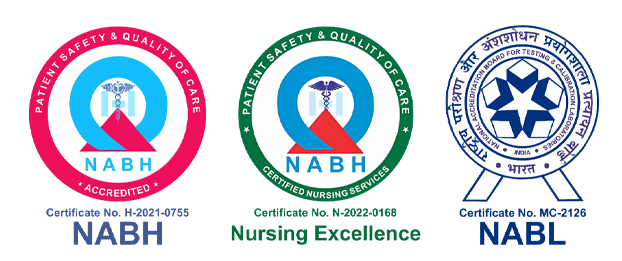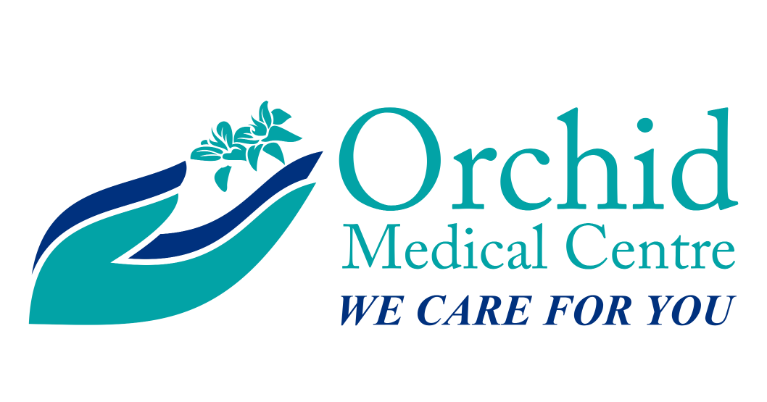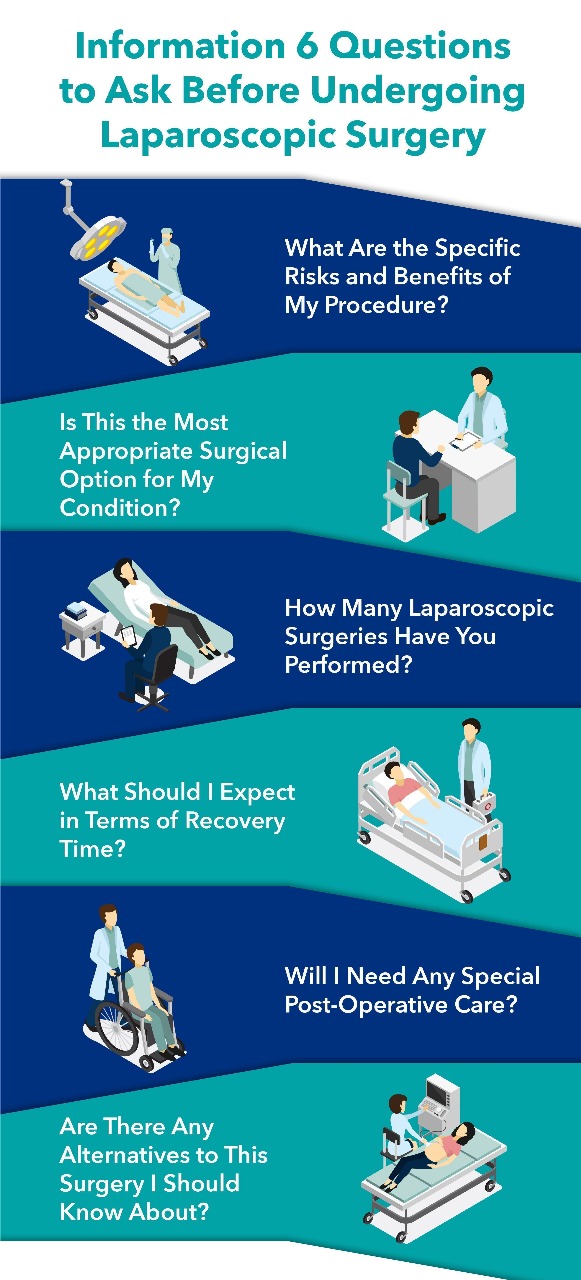
Blog Details
.jpg)
How Personalised Respiratory Care Plans Improve Recovery >
Breathing problems affect millions of people worldwide. Each patient faces different challenges that demand specific attention and care. Respiratory care plans that consider individual circumstances produce better results than one-size-fits-all approaches. Healthcare providers who understand this create targeted treatment strategies that address specific patient needs.
Modern respiratory care Ranchi specialists recognise that age, lifestyle, and condition severity influence treatment success. A 70-year-old with chronic obstructive pulmonary disease requires different support than a 30-year-old with asthma. Healthcare teams now develop personalised plans that consider these factors. This approach leads to faster recovery times and improved long-term outcomes.
Breathing problems affect millions in India, but every patient’s journey is unique. Personalised respiratory care goes beyond one-size-fits-all treatments, tailoring support based on age, genetics, lifestyle, and overall health. A 75-year-old with COPD and a 32-year-old with asthma need very different plans, and that’s where customised care makes the difference.
Personalised respiratory care at Orchid Medical Centre is more than treatment, it’s a tailored healing journey that improves recovery, safety, and quality of life.
Understanding Individual Patient Needs
Every patient brings unique circumstances to their treatment journey. Age affects lung capacity and healing speed. Younger patients often recover faster from respiratory infections. Older adults may need extended care periods and modified treatment approaches.
Lifestyle factors play a crucial role in recovery success. Smokers face additional challenges when managing respiratory conditions. Physical activity levels influence lung function and treatment response. Diet affects overall health and immune system strength.
Work environments can impact respiratory health significantly. Construction workers face different risks than office employees. Healthcare providers must consider occupational hazards when creating treatment plans. Environmental factors at home also influence recovery progress.
The Science Behind Personalised Treatment
Medical research shows that customised treatment plans produce better outcomes. Studies indicate that patients receiving personalised care recover 30% faster than those on standard protocols. This improvement stems from addressing individual risk factors and health conditions.
Genetic factors influence how patients respond to different medications. Some people metabolise respiratory drugs differently than others. Personalised plans account for these variations and adjust dosing accordingly. This precision reduces side effects and improves treatment effectiveness.
Comorbid conditions complicate respiratory treatment significantly. Diabetes affects healing rates and infection risk. Heart disease influences exercise tolerance and medication choices. Healthcare teams must consider all health conditions when developing treatment strategies.
Components of Effective Personalised Care
Assessment forms the foundation of personalised respiratory care. Healthcare providers conduct thorough evaluations of lung function, medical history, and lifestyle factors. Pulmonary function tests reveal specific breathing limitations. Blood tests identify inflammatory markers and infection signs.
Imaging studies provide detailed views of lung structures. X-rays show basic abnormalities whilst CT scans reveal subtle changes. These tests help determine disease severity and guide treatment decisions. Regular monitoring tracks progress and identifies complications early.
Patient education becomes crucial for treatment success. Healthcare teams explain conditions in understandable terms. They demonstrate proper inhaler techniques and breathing exercises. This knowledge empowers patients to manage their conditions effectively at home.
Age-Specific Treatment Approaches
Children require specialised respiratory care approaches. Their smaller airways respond differently to treatments. Medication dosing must be carefully calculated based on weight. Parents need education about recognising symptoms and managing emergency situations.
Adult patients benefit from comprehensive lifestyle counselling. Work-related breathing problems need specific attention. Exercise programmes can improve lung function and overall health. Stress management techniques help reduce symptom frequency and severity.
Elderly patients face unique challenges with respiratory conditions. Multiple medications may interact with new treatments. Cognitive changes can affect treatment compliance. Family involvement becomes essential for successful care management.
Lifestyle Integration Strategies
Exercise programmes must match individual capabilities and limitations. Patients with severe breathing problems start with gentle activities. Pulmonary rehabilitation combines exercise with education and support. These programmes improve strength, endurance, and quality of life.
Nutrition counselling addresses specific dietary needs for respiratory health. Anti-inflammatory foods may reduce symptom severity. Weight management helps improve breathing efficiency. Proper hydration supports mucus clearance and overall lung function.
Sleep quality affects respiratory health significantly. Sleep apnoea worsens many breathing conditions. Healthcare teams evaluate sleep patterns and recommend improvements. Better sleep leads to improved immune function and faster healing.
Chronic Condition Management
Long-term respiratory conditions require ongoing support and monitoring. Regular follow-up appointments track disease progression. Medication adjustments address changing symptoms and needs. Early intervention prevents serious complications and hospitalizations.
Action plans help patients manage symptom flare-ups. These written guides outline steps for different severity levels. Patients learn when to increase medications or seek emergency care. Clear instructions reduce anxiety and improve treatment confidence.
Support groups connect patients with similar conditions. Shared experiences provide emotional support and practical tips. Healthcare providers facilitate discussions about treatment challenges. Peer support improves treatment adherence and quality of life.
Family and Caregiver Involvement
Family members play vital roles in respiratory care success. They learn to recognise warning signs and emergency symptoms. Caregivers receive training on equipment use and medication administration. This support system improves patient safety and treatment outcomes.
Communication between family members and healthcare providers ensures coordinated care. Regular updates about treatment progress keep everyone informed. Family input helps identify problems and treatment barriers. This collaboration leads to better treatment decisions and outcomes.
Emergency planning involves all family members. Everyone learns their roles during breathing crises. Contact information for healthcare providers stays easily accessible. Quick response protocols can prevent serious complications and save lives.
Measuring Treatment Success
Regular assessments track improvement in lung function and symptoms. Pulmonary function tests measure breathing capacity changes. Symptom diaries record daily experiences and medication effects. This data guides treatment adjustments and goal setting.
Quality of life measures evaluate treatment success beyond medical parameters. Patients report activity levels and symptom interference. Sleep quality and energy levels indicate overall health improvement. These measures help healthcare providers understand treatment impact.
Long-term monitoring identifies trends and prevents complications. Regular check-ups catch problems before they become serious. Medication reviews ensure continued effectiveness and safety. Proactive care management improves outcomes and reduces healthcare costs.
.jpg)
.jpg)
Conclusion
Personalised respiratory care plans represent the future of breathing disorder management. These approaches consider individual patient needs, circumstances, and goals. Healthcare providers who embrace personalised care see better patient outcomes and satisfaction. The combination of thorough assessment, targeted treatment, and ongoing support creates successful treatment experiences. Patients benefit from faster recovery times, reduced complications, and improved quality of life. This comprehensive approach transforms respiratory care from a standard protocol into a tailored healing journey.






















.jpeg)

.jpg)


.webp)
.webp)



.webp)
